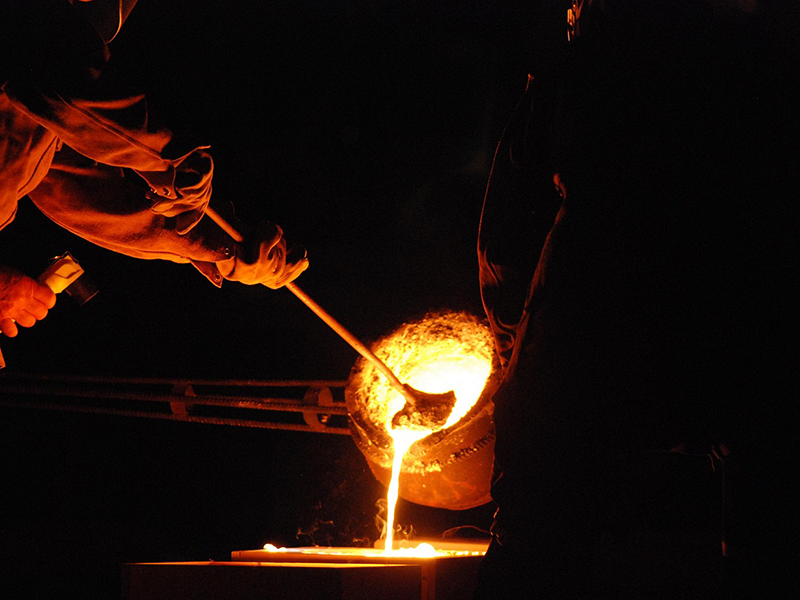Overview and Classification of the Foundry Industry:
Casting, as a crucial process in the equipment manufacturing industry, is a vital support for numerous industries, including mining machinery, energy and power, and automotive. The quality of castings directly impacts the stability of both equipment and the industrial chain.
The foundry industry is currently relatively mature, and future development is expected to remain stable. Global casting production has remained around 110 million tons for the past decade. However, due to the impact of the global public health crisis from 2019 to 2020, casting production declined significantly. As the impact of the pandemic waned and downstream demand gradually recovered, global casting production rebounded from 2021 to 2023. Looking at the regional distribution of global casting production, my country's share of global casting production exceeded 40% from 2016 to 2024, making it the world's largest casting producer. According to statistics, China's total casting production in 2023 will reach 51.9 million tons, accounting for over 60% of the global total, nearly four times that of the second-largest producer. However, my country still lags behind becoming a "foundry powerhouse" in terms of product quality and precision, technological advancement and added value, and independent innovation. This is particularly true in industrially developed countries like Europe and the United States. The US foundry industry focuses on high-tech and high-value-added products, particularly in the aerospace and defense sectors. Germany's foundry industry is renowned for its high quality and precision, particularly in the automotive and machinery manufacturing sectors.

In recent years, thanks to the promotion and development of new technologies and the transformation and upgrading of industrial structures, the foundry industry's technological level has continuously improved, resulting in higher-quality casting materials, more advanced casting processes, smarter production processes, and more environmentally friendly energy consumption. Some domestic foundries have made significant progress in casting technology and processes by introducing advanced foreign casting technology and equipment and continuously developing independent research and development. They have now reached internationally advanced levels in terms of dimensional accuracy, surface quality, and internal performance of key castings required for high-end equipment.
In the future, the foundry industry will increasingly adopt automated and intelligent technologies, such as robotic molding, automatic pouring systems, and computer simulation. The application of advanced technologies can improve production efficiency, reduce labor intensity, and predict potential defects or flaws during the production process. By continuously optimizing process parameters, they can improve casting quality stability and yield rate.

